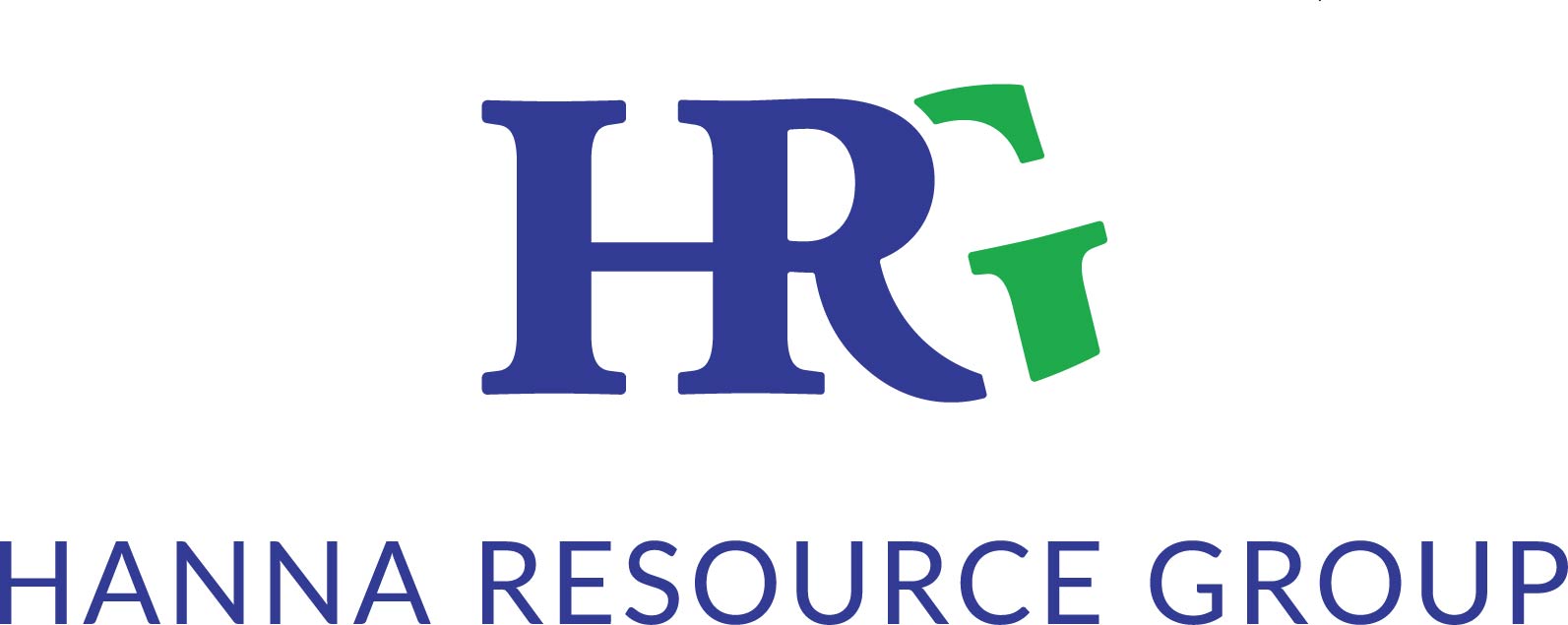 Hanna Resource Group is pleased to present 2017 Lyle Hanna Volunteer Spirit Award Recipient, Trasee Whitaker! Trasee is currently the Senior Vice President of Human Resources and the Chief Human Resources Officer at Masonic Communities Kentucky.
Hanna Resource Group is pleased to present 2017 Lyle Hanna Volunteer Spirit Award Recipient, Trasee Whitaker! Trasee is currently the Senior Vice President of Human Resources and the Chief Human Resources Officer at Masonic Communities Kentucky.
How did you get into the HR field?
While I was in college two things happened. First, I took a communications course that introduced me to internal business communications. Second, while in college I worked in the executive office at the Northland Mall branch of Lazarus. I had the opportunity to do some work with Julie Hearn, HR Director. She was an amazing professional who became my role model and first of many wonderful mentors. I admired her approach and effectiveness with all levels of management and employees. HR became my passion and still is to this day.
What does having a Volunteer Spirit mean to you?
I owe much of my professional and personal success to LSHRM, KYSHRM, and SHRM volunteer experiences. Volunteering for a cause that you are passionate about is life changing. It provided me with so much personal satisfaction by serving the industry and helping others go down that path. So many people invested their time in me. It is all about giving back and the rewards are amazing.
What did winning the Lyle Hanna Volunteer Spirit Award mean to you?
I am truly honored to be recognized. Lyle sets the ultimate benchmark for the HR professional. He exemplifies the true meaning and actions of volunteer spirit. It is the pinnacle of my volunteer and professional experience for sure.
You are not only an HR leader with your employer, but you have also served in external leadership roles. Tell us about these roles.
My volunteer leadership roles have given me confidence and opportunities to practice leading. My employers have been extremely supportive of volunteer work and encouraged it. I was the Chair of Kentucky SHRM and served Louisville SHRM in the roles of President, President-Elect, Membership Director and Workforce Development Co-Chair. Today, I represent Region 3 on the Advocacy Committee at the American Society for Healthcare Human Resources Administration (ASHHRA) and the Advocacy Sub-Committee Chair for the Health Careers Collaborative of Greater Louisville.
Frankly, without the exposure to SHRM early on, I really don’t know that my career would have been so successful and fulfilling. I am forever grateful to these people who gave me the encouragement and resources to learn to be an effective leader – Gary Marsh, J Scott Judy, Donna King Perry, and Mike Brodfuehrer.
How important is it to be a role model/mentor to others in the profession and outside the profession? What have you done?
After college, I joined the manager-in-training program at Lazarus. Upon graduation from the program, trainees were promoted to a salaried department manager on the floor or to an assistant buyer. My path was different. I was the only participant who wanted to go into the operations side of the business. I was placed in the business office as an assistant supervisor to a very seasoned manager who was willing to show me the ropes. It was frustrating to watch my peers get promoted to positions with important titles. Thinking I was really talented and deserving of a better title, I foolishly complained to the store manager, Larry Pezor. Fortunately, instead of being humiliated, demoted or fired, Mr. Pezor simply said, ”Trasee, you can’t take a title to the bank. Focus on learning how to be a good leader and not a title collector. Genuine leaders are not defined by a title.” Mr. Pezor was my first mentor. I learned a lot that day and that message has stayed with me throughout my career.
I would not have been successful without a multitude of mentors and trusted advisors like Mr. Pezor. It is important to pay it forward and I believe that each of us is obligated to do that in some way. HR professionals are always asked to participate in mock interviews, volunteer mentoring programs, panel discussions or just meeting someone for coffee or a meal. I try to make myself available for these opportunities because they give me the opportunity to give back in a small way.
The Lyle Hanna Volunteer Spirit Award also provides the recipient and those nominated a platform to give back by sharing our stories. Lyle is an incredible visionary who sets the standard for mentoring. I am truly honored to be this year’s recipient and know that there are many HR professionals who are out there doing exceptional work and hope that the nominations for the 2018 Lyle Hanna Volunteer Spirit Award start pouring in.
What advice would you give to other HR professionals? How do other professionals arrive at the pinnacle?
Leave your comfort zone. Embrace the opportunity to meet new people and hear new ideas. Get involved with your local SHRM chapter or other associations that have a mission that you believe in and volunteer. Spend time with your company leadership and other influential leaders to learn your business and fundamentals of other industries. Find a core group of diverse business colleagues and friends that you trust, admire and who you can count on to give brutally honest feedback. Then, give back in a genuine way so that your journey of learning and legacy continues.
Do you feel like you’re at the pinnacle of your career?
Every day, there is something new to learn. New innovation. New way of thinking of things. When you look at HR as a profession, we’ve achieved great things, but I don’t think I have reached that peak yet because there are still lots of ways to learn and grow and move HR forward.
Just as Kentucky SHRM has received the Pinnacle Award this year for their project to bridge the gap in workforce development, I think we all recognize that we’ve made great progress but that our efforts there are not complete. The work is not done for Kentucky SHRM or for me.
What kind of things has Kentucky SHRM done to help build up to this pinnacle?
Kentucky SHRM has taken a lead in helping businesses in Kentucky strategically examine the workforce pipeline. This group of innovative volunteer leaders moved Kentucky forward by positively and proactively addressing a national crisis — the lack of workers in healthcare, manufacturing, technology and other key areas. Gaining national attention for this progress and efforts will benefit the state, our communities and our companies as it grows new talent and draws existing talent to these areas.
You obviously have “a seat at the table” at Masonic Communities Kentucky. How did this happen? Tell us about your role versus the mindset of the exec team.
Masonic Homes President and CEO Gary Marsh and other members of the leadership team took a big chance on me when I joined because I did not have healthcare experience. To overcome that, I focused on learning the business and paying attention to trends in the industry so that I was able to bring ideas to the table that were broad and not just HR. Gary is a natural mentor and role model to everyone on our leadership team and inspires us to innovate and find a better way.
How can other HR professionals who don’t yet have a seat at the table achieve that?
Find just one person on the senior leadership team that you are able to talk their talk and who can see the vision of what HR has to offer. Get a partner in what human resources can bring to the table. Have an idea and solve a problem. Bring solutions to common problems that are continuously talked about but not solved.
HRG is so grateful to Trasee for sharing her experiences in HR and her advice with us.






